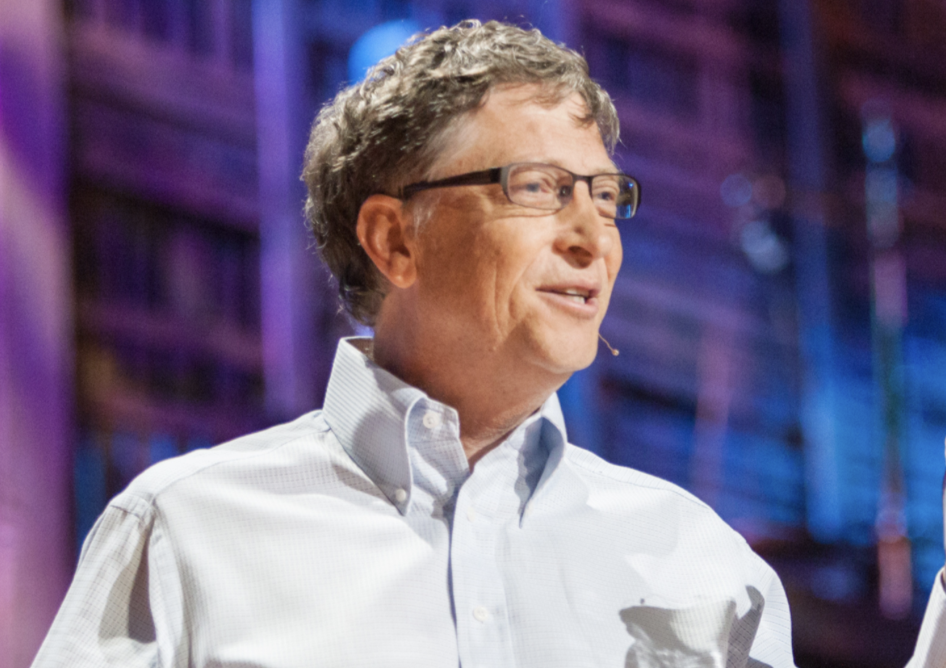The Problem With Air Conditioning And How Bill Gates Plans To Fix It
Air conditioning is becoming increasingly more vital for many, however, there is a big problem with it that Bill Gates wants to fix.
This article is more than 2 years old

The effects of climate change continue to become more and more evident with each passing season. Record high temperatures, unceasing droughts, deadly floods, bouts of disastrous wildfires, and other natural atrocities are increasingly plaguing the US and the rest of the globe. These deeply affecting weather patterns necessitate a call to action involving the transition to clean energy. Transitioning away from fossil fuels to cleaner energies will allow for a reduction in greenhouse gas emissions. This in turn will help to slow down the ever-growing effects of climate change. A big concentration has been put on solar power and wind energy. However, there are small everyday culprits that also have an adverse effect on the environment. Believe it or not, one of these things is air conditioning. And Bill Gates wants to do something about it.
Air conditioning is a great way to get relief from the summer’s most brutal heat. And as historic heatwaves continue to occur, it’s something that will become vital for many. For instance, in the United States, the pacific northwest has been experiencing heat like they never have. This is causing residents there to suddenly have a need for AC. The thing is, there is an innate fallacy to how air conditioning functions. That innate fallacy contributes to 4% of the world’s global emissions. And as more places like the pacific northwest suddenly find themselves needing air conditioners that number is expected to rise exponentially. Thankfully, though, there is a startup that has found an alternative functionality. It’s called Blue Frontier. And Bill Gates’ clean tech investment fund, Breakthrough Energy Ventures, just poured $20 million of venture capital into the emerging business, CNBC reported.
Traditional air conditioning units work by leveraging refrigerants. These refrigerants degrade the ozone layer and contribute to carbon emissions. Blue Frontier has reformatted air conditioning to use 1/5 of the refrigerants that current models use. Additionally, the refrigerants that its model uses are not as impactful to the environment. “The combined effect is an 85% to 87% reduction in our system’s contribution to global warming,” said Blue Frontier CEO Daniel Betts to CNBC.
What’s more, is that Blue Frontier’s air conditioning units also have the potential to noticeably benefit people in their day-to-day lives outside of just cooling their homes and offices. This is because the refrigerants, called liquid desiccants, also double as “excellent antiseptics and bactericides.” “In fact, one of the advantages of Blue Frontier air conditioning technology would be a general improvement of indoor air quality and a healthier indoor environment,” emphasized Betts.
The potential benefits don’t stop and end there either. Betts explained that Blue Frontier’s air conditioning units can also store energy for later use. “The storage also allows us to consume the bulk of our energy when renewable energy is abundant and when electric grid congestion is low. We avoid consuming electricity during peak demand periods that are powered by fossil fuel peaking plants,” said Betts. As the planet comes to rely more on electric sources of clean energy, using stored energy will serve as a good way to mitigate the extra stress power grids will feel. Which in turn can cut down on the risk of blackouts.
Overall, Bill Gates’ investment in Blue Frontier is a forward-thinking one with both the environment and the average individual in mind. With its new capital, Blue Frontier is moving swiftly forward with the installation of its new air conditioning units. Beta units will be put in buildings beginning this year. And the company hopes to make its first commercial units widely available for purchase by 2025.



